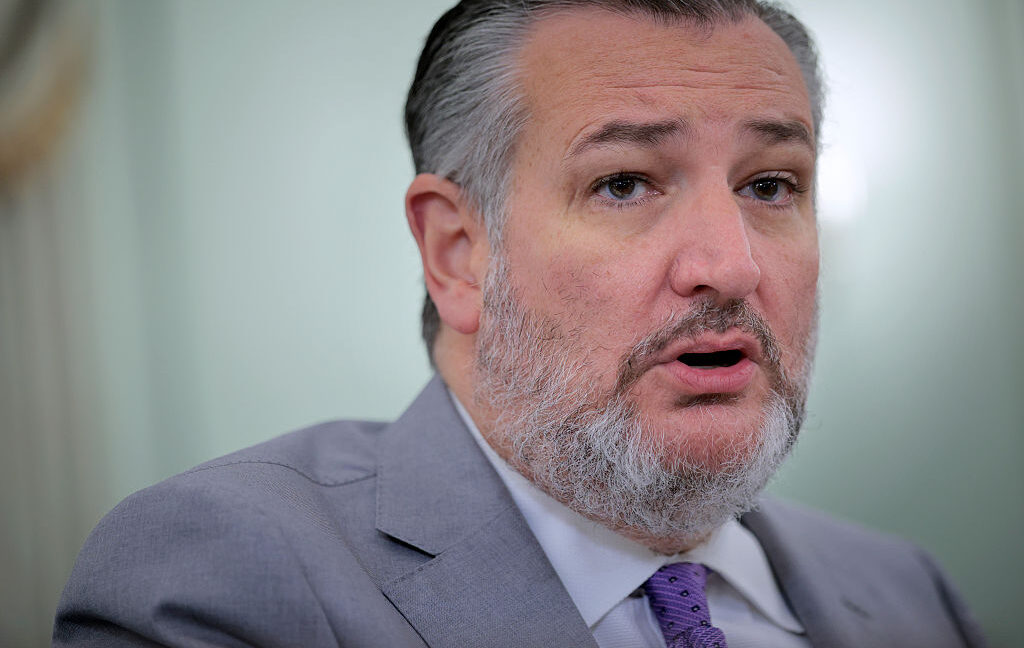
"Critics are slamming Sen. Ted Cruz's (R-Texas) new AI policy framework, which they claim would give the White House unprecedented authority to allow Big Tech companies to make "sweetheart" deals with the Trump administration to void laws designed to protect the public from reckless AI experiments. Under the framework, Cruz calls for a "light-touch" regulatory approach to "advance American leadership" in AI and ensure that "American values" are at the heart of the world's leading technology-not Chinese values."
"As the first step toward limiting AI regulations to prioritize innovation, Cruz announced the SANDBOX Act -which is shorthand for "Strengthening Artificial intelligence Normalization and Diffusion By Oversight and eXperimentation." If passed, the SANDBOX Act would let AI companies apply to temporarily avoid enforcement of federal laws that could limit their testing of new AI products."
"Unsurprisingly, the framework requires blocking "burdensome" state AI regulations, as well as foreign ones. Cruz unsuccessfully helped push for a similar decadelong moratorium on state AI laws as part of Republicans' "big beautiful" budget bill. And more recently, he lost a bid to punish states for regulating AI, ultimately voting against his own measure in the face of overwhelming bipartisan opposition."
Sen. Ted Cruz proposes a light-touch federal approach to AI regulation intended to advance American leadership and prioritize American values. The framework seeks to block state and foreign AI regulations deemed burdensome and previously pushed for a decadelong moratorium on state AI laws. The SANDBOX Act would allow AI companies to apply to temporarily avoid enforcement of federal laws while testing new products, provided they detail known risks, mitigation steps, and potential benefits. Each enforcing agency would weigh harms and adjust enforcement based on approvals. The White House Office of Science and Technology Policy would have power to overrule independent consumer protection agencies, raising concerns.
Read at Ars Technica
Unable to calculate read time
Collection
[
|
...
]